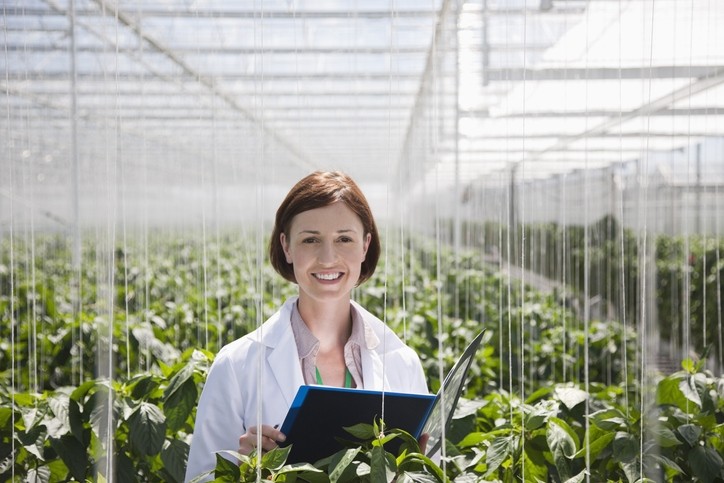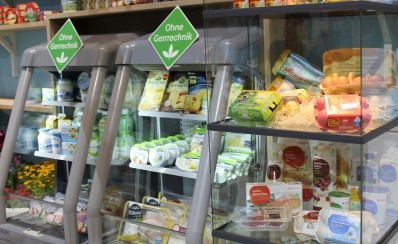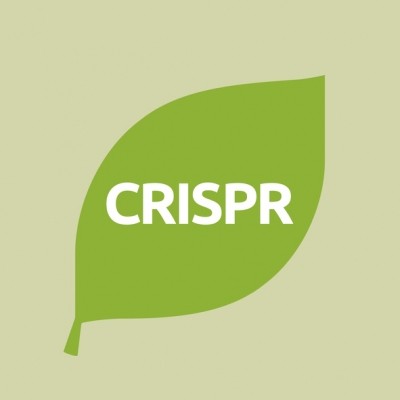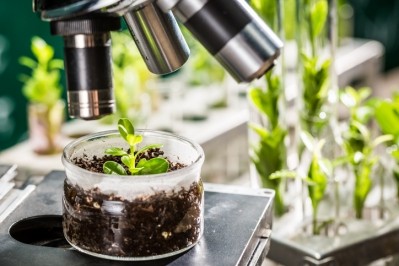EU Commission consults on gene editing policy study

In July 2018, the EU Court of Justice (ECJ) ruled that genome-edited organisms fall under the scope of European GMO legislation. While welcomed by some, the judgment also sparked criticism and calls for the new EU Commission to amend EU GMO legislation.
Gene editing - GMO or not GMO?
New plant genetic modification techniques, referred to as 'gene editing' or 'genome editing', have evolved rapidly in recent years, allowing much faster and more precise results than conventional plant-breeding techniques. They are seen as a promising innovative field for the agri-food industry, offering great technical potential.
There is, however, considerable debate as to how these new techniques should be regulated, and whether some or all of them should fall within the scope of EU legislation on genetically modified organisms (GMOs).
Those who take the view that the new techniques should be exempt from GMO legislation argue that the end product is very similar to products generated using conventional breeding techniques, or that similar changes could also occur naturally. Those who consider that the new techniques should fall within the scope of GMO legislation maintain that the processes involved mean plants bred using the new techniques are, in fact, genetically modified
One fact that all parties seem to agree on is that the design and set-up of the new Commission study on gene editing will be crucial to its outcome. The hearing on Monday, thus, focused on the survey that will be used to inform that study, due to be delivered to the Council by April 2021.
Nathalie Lecocq, director general, FEDIOL, indicated that the session was constructive, with the invited organizations able to comment in detail and express their wishes, their suggestions and their concerns regarding the proposed questionnaire.
“It allowed us to understand the EU Commission's expectations regarding the nature of the responses that we will have to provide once the targeted consultation is launched and the way they will be processed, i.e. not in statistical, rather in qualitative terms,” she told us.
Heike Moldenhauer, EU policy advisor, at the German Association of Food without Genetic Engineering (VLOG), speaking to us afterwards, was also positive about the meeting, outlining how that group managed to influence the design of the questionnaire.
“To bring our perspective into the study we need [to ensure] the right questions [are asked of stakeholders]. I think we can work very well with the questionnaire,” she added.
Inherent bias
VLOG were not on the original list of invitees. A last minute intervention by the EC's Health Directorate General (DG) saw it included on the list, along with Austria's ARGE Gentechnikfrei.
Indeed, Nina Holland, a researcher at Corporate Europe Observatory, writing in EurActiv, struck a sour note about this stage of the Commission's consultative process, arguing that only Brussels-based organizations had been invited and that the list of invitees showed an “enormous bias” towards industry interests. Out of 94 organizations invited, more than 70% represent industrial food and farming interests, contrasting with fewer than 12% of NGOs, she noted.
“Such a biased set-up raises concerns that the study is being designed to deliver a pre-determined conclusion.”









